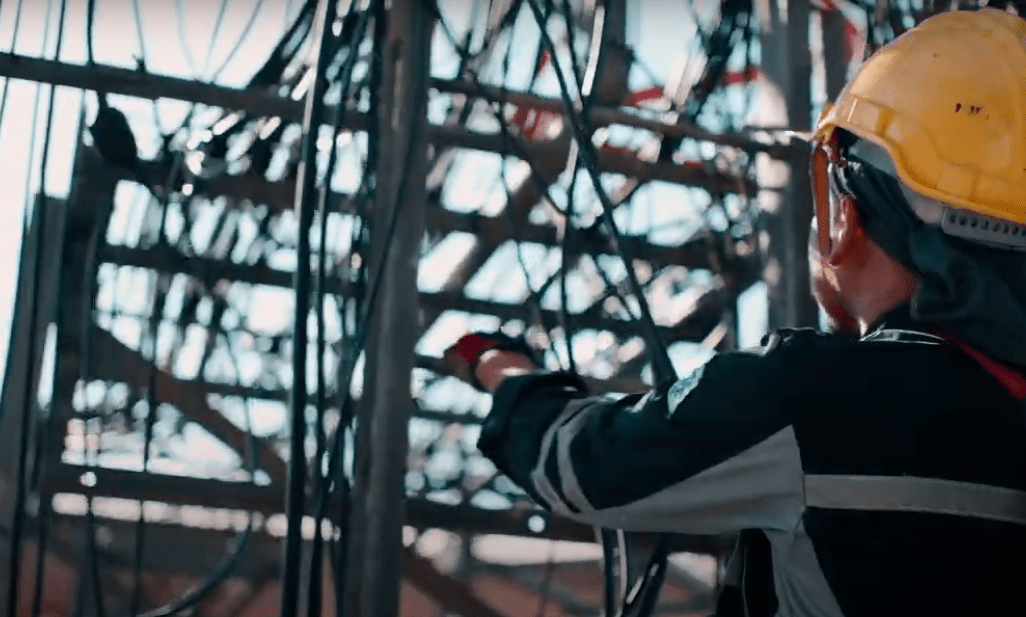Dell Technologies believes it has the heft and breadth to deftly maneuver AI hurdles for organizations. Pivotal to its success of achieving the promise of AI would be its data solutions that can transform data into actionable insights, and an easy-to-set-up digital infrastructure to drive it: the Dell AI Factory.
A recent study by Vanson Bourne for Dell Technologies (Dell) has shed light on the complex landscape of AI adoption in the country, revealing both promising opportunities and significant challenges. Over 6,600 respondents were surveyed, and Dell’s Malaysia country manager, Saravanan Krishnan, outlined what the results from Malaysia meant, for members of the media.
The Promise of AI
The enthusiasm for AI in Malaysia is palpable. An overwhelming 85% of respondents believed that AI and GenAI would significantly transform industries in the future. This optimism was particularly strong among high-growth organizations, with 91% of those reporting high revenue growth in 2023 expressing confidence in AI’s transformative power.
Besides an increased disconnect between business and IT, which he noted is a common occurrence every time a paradigm-shifting technology is introduced, there is a growing generational gap throughout organizations that exacerbate the challenge.
On that note, only half of organizations surveyed are on a Generative AI journey, which Saravana believed meant opportunities for innovation and engagement for the other half, that aren’t. Events like the Dell Technologies Forum in Kuala Lumpur and in other cities in Southeast Asia aims to drive awareness for this audience, as well as go-to-market motions with channel partners who have aligned with Dell’s AI Factory portfolio announced last March.

Saravanan Krishnan
Saravanan also thought that there is an opportunity to collaborate with local institutes of higher learning to drive the skills and talent piece of Malaysia’s AI story.
“(This) 50% have not embarked on the AI journey because of lack of talent and skills, and no right access to data,” he pointed out. Besides an increased disconnect between business and IT, which he noted is a common occurrence every time a paradigm-shifting technology is introduced, there is a growing generational gap throughout organizations that exacerbate the challenge.
“Dell sees itself ‘brokering’ the interaction between business and IT, so that the disconnect or dissonance, can right itself,” Saravanan said, adding that this disconnect is something organizations have to avoid with intention, so that IT and business departments can jointly develop an AI strategy.
Indeed, the study revealed that 56% of respondents saw GenAI’s potential to improve IT security posture and drive productivity gains. Even more promising, 59% believed in its capacity to enhance customer experience, indicating a broad range of potential applications across various business functions.
Challenges on the Horizon
However, the path to AI adoption is not without its hurdles. Despite the optimism, nearly half (44%) of Malaysian organizations expressed uncertainty about what their industry would look like in the next three to five years, and 45% reported struggling to keep pace with technological changes.
Several key challenges were revealed by the study:
- Talent Shortage: 73% of respondents claimed there was a current shortage of talent required for innovation in their industry. This skills gap could potentially slow down AI adoption and implementation.
- Security Concerns: A staggering 87% of respondents reported being impacted by a security attack in the past 12 months. Additionally, 65% feared that GenAI would introduce new security and privacy issues.
- Data Privacy: 76% of respondents agreed that their data and intellectual property were too valuable to be placed in a GenAI tool where a third party might have access, highlighting concerns about data protection and ownership.
- Infrastructure Limitations: Only 34% of organizations could turn data into real-time insights to support innovation efforts, pointing to potential infrastructure and data management challenges.
Navigating the AI Landscape
Despite these challenges, Malaysian businesses are taking proactive steps to navigate the AI landscape:
– 93% of respondents were pursuing a Zero Trust deployment strategy to enhance cybersecurity.
– 77% had an Incident Response Plan in place to recover from cyberattacks or data leakages.
– 73% preferred an on-premise or hybrid model for implementing GenAI, indicating a cautious approach to data management.
– 83% believed that AI tools would augment human capabilities and productivity, suggesting a positive outlook on human-AI collaboration.
The AI Factory for Telecoms
The Dell Tech Forum in KL also served as an avenue to share updates of Dell’s AI Factory which was announced last March during NVIDIA’s GTC conference. Karthik Ramalingam, Dell’s South Asia Senior Director of Presales, shared that he thought telcos in all markets in Asia are ripe for Dell’s AI Factory, for example telcos in Japan, Korea, Malaysia, Indonesia, Vietnam, and Singapore.

Karthik Ramalingam
He described, “The AI factory is an end-to-end story. It includes the customer’s data, it includes how to bring that data wherever it is, to the factory, how to make sure we do the networking right, how we store it right and protect it right, as well as how we understand the customer’s use cases and get them faster to business outcomes.”
Besides this end-to-end offering, Dell is offering GPU-as-a-service by working with NVIDIA cloud providers (NCPs) and telcos or communication service providers (CSPs).
This is offered to customers who either can’t offer GPU-based services, can’t get it for themselves, or don’t want to invest in them now. They may only want to test use cases on their data and want the option of “renting” GPU capacity to be able to run training models.
Karthik candidly stated, “Now, that’s obviously a market we want to play in, because that’s obviously somewhere we want to sell our GPU servers to. And we have the best in the market, the XE9680, which is our best GPU server that’s available!”








